Florida Rent Increase Laws: What Tenants Need to Know
Receiving notice of a rent increase can be stressful, especially when you're unsure whether the amount is legal. If you're a Florida tenant wondering, “how much can my landlord raise my rent,” you're not alone. Understanding Florida's rent increase laws is essential to protecting your rights and making informed decisions about your housing.
Florida Has No Rent Control Laws
Unlike many other states, Florida does not have statewide rent control or rent stabilization laws. In fact, Florida Statute §125.0103 prohibits cities and counties from enacting rent control ordinances except under a declared housing emergency—and even then, such measures are rare and temporary.
This means landlords generally have the freedom to raise rent by any amount they choose once a lease term ends. However, rent increases must still follow proper notice requirements and cannot be discriminatory or retaliatory.
When Can Your Landlord Increase Rent?
Under Florida law, rent increases are only allowed at the end of a lease term unless your lease agreement specifically states otherwise. If you have a fixed-term lease (such as a 12-month agreement), your landlord cannot raise your rent in the middle of that term. Your rent is locked in until the lease expires or is renewed.
For month-to-month tenancies, landlords can raise rent more flexibly, but they must provide reasonable advance written notice before the increase takes effect.
How Much Notice Is Required?
Florida state law does not specify a universal notice period for rent increases. However, landlords are expected to give “reasonable notice” before changing lease terms, especially for month-to-month rentals. Many landlords provide at least 30 days’ notice as a best practice.
Some local governments have enacted their own notice rules that go beyond state requirements:
- Miami-Dade County: Landlords must provide 60 days’ written notice before increasing rent by more than 5%.
- Other Counties: Always check your local ordinances, as some municipalities may require longer notice periods for rent increases or lease renewals.
Because these requirements vary, tenants should confirm both their lease terms and any applicable local laws.
When Is a Rent Increase Illegal?
While Florida law does not limit how much rent can be increased, landlords cannot raise rent for discriminatory or retaliatory reasons. It’s illegal to increase rent based on race, color, national origin, religion, sex, familial status, disability, sexual orientation, gender identity, or marital status.
Landlords also cannot retaliate by raising rent because you reported housing code violations, requested necessary repairs, or joined a tenants' rights organization. If you believe your rent increase is retaliatory or discriminatory, you may have legal grounds to challenge it.
What Should You Do About a Large Rent Increase?
If you receive notice of a significant rent increase:
- Review your lease – Check for any clauses about rent increases and confirm your lease term.
- Verify notice requirements – Ensure your landlord gave reasonable written notice, and check for any local rules.
- Document everything – Keep copies of notices and communications with your landlord.
- Know your rights – Understand whether the increase could be discriminatory or retaliatory.
- Consider your options – Decide whether to negotiate, accept the increase, or seek new housing.
Get Legal Help for Landlord-Tenant Disputes
Facing a sudden or unfair rent increase? You don’t have to navigate it alone. The experienced tenant rights attorneys at Korte & Associates understand Florida’s landlord-tenant laws and are committed to protecting renters across the state.
Contact Korte & Associates today for a consultation. Our team will review your situation, explain your legal options, and help you take action if your landlord violated your rights.
Don’t wait until it’s too late, contact our team to discuss your case and learn how we can help you stand up to unfair landlord practices.



